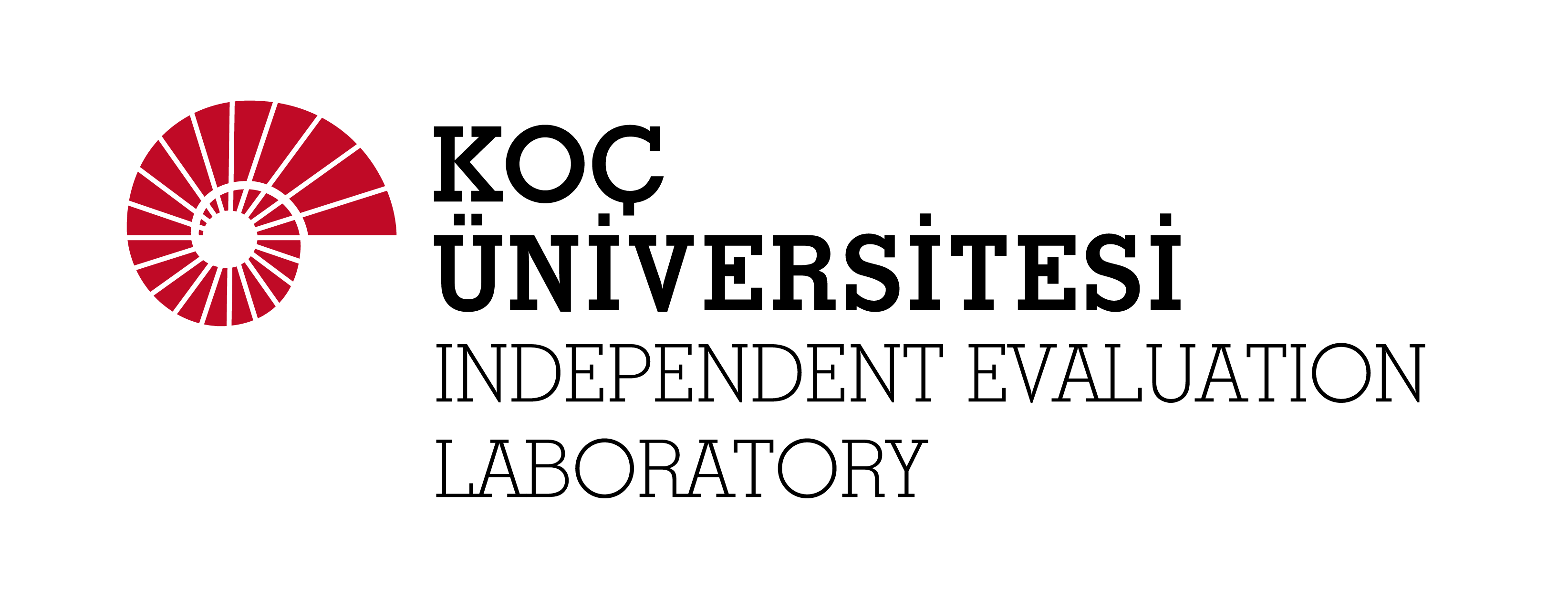Evaluation and Transportability of Interventions Research
This article examines issues and challenges in the design of cultural adaptations that are developed from an original evidence-based intervention (EBI).
The goal of this paper is to provide suggestions for the clinical use of research-tested treatments, with specific examples from the treatment of child depressive disorders. Strategies for applying manuals flexibly, adapting treatments to address comorbidity, attending to individual differences, and overcoming training obstacles are highlighted.
Hundreds of validated evidence-based intervention programs (EBIP) aim to improve families’ well-being; however, most are not broadly adopted. As an alternative diffusion strategy, we created wellness centers to reach families’ everyday lives with a prevention framework. This paper explains the used framework for adaptation.
The aim of this paper is to describe essential elements in the adaptation of a prevention approach with a high-risk urban sample, chosen to contrast sharply with the primarily middle-class sample in which the program had been originally tested.
The researchers examined the effectiveness of the video-feedback Intervention to Promote Positive Parenting-Sensitive Discipline (VIPP-SD) in enhancing maternal sensitivity and decreasing maternal physical intrusive behaviors in a previously untested sample which is among Turkish mothers.
In the case of a gender-equality intervention, cultural norms and values related to gender practices are all likely to influence acceptability, adaptability, and effectiveness of evidence-based interventions. In this study from our lab, using randomized controlled trials, we test how an adapted version of a brief social psychological intervention can decrease gender achievement gap in STEM fields.
